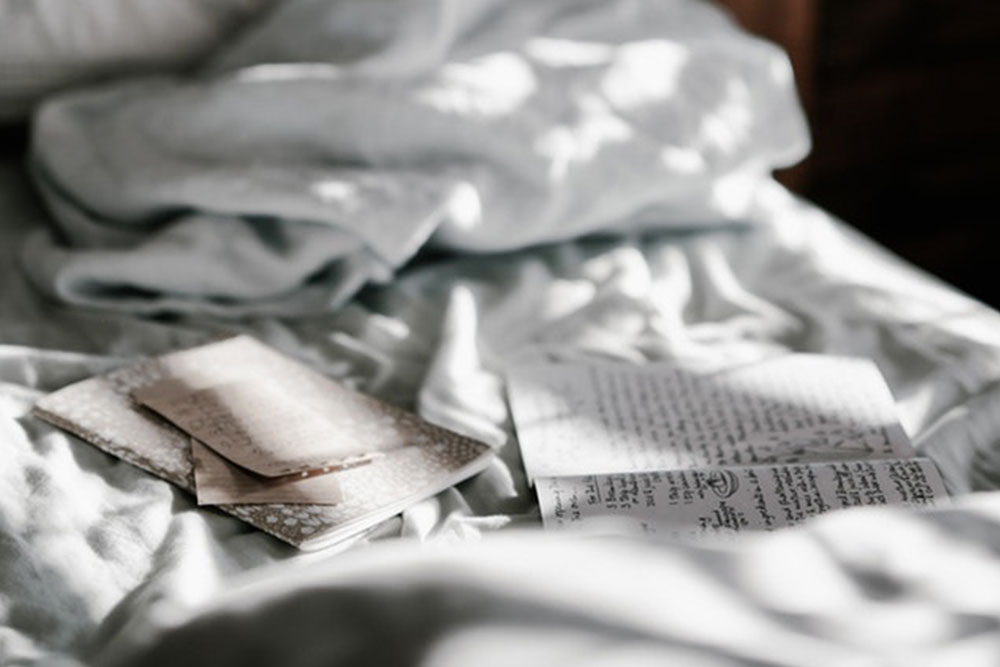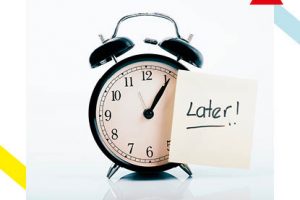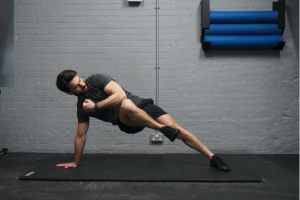5 most common sleep myths busted by an expert

EVERYONE NEEDS EIGHT HOURS OF SLEEP PER NIGHT
The amount of sleep we need changes throughout our lives. For example, the National Sleep Foundation recommends within a 24-hour period, pre-schoolers should get 10-13 hours, teenagers eight-ten, and the middle-aged seven-nine. However, these guidelines focus on “average” requirements, so it is also true that one size does not fi t all. Indeed, an adolescent might need as few as seven, or as many as 11 hours each night.
THE MORE SLEEP YOU GET, THE BETTER
Missing out on sleep is not good for us, so does it follow long sleepers are particularly healthy? Apparently not, as studies have reported associations between long sleep and cardiovascular disease, obesity and even mortality. As to why this might be, sleeping for long periods could reflect an underlying problem with health. When we doze for long periods, our patterns might become fragmented, meaning we are getting less of the type of sleep that we need. What’s more, just as shift workers can struggle with their wellbeing because they are awake when their bodies are better suited to being asleep, perhaps long sleepers are the opposite. But the biggest take away is we need to understand much more about the reasons for the links between long sleep and poor health before we can make clear recommendations about whether or not we should restrict our sleep.
IF YOU CAN’T FALL ASLEEP, YOU NEED TO TRY HARDER
It’s important not to spend time in bed tossing and turning and stressing out about sleeplessness, which only results in us associating our beds with being awake and feeling anxious. Instead, if sleep is not forthcoming we should get out and do something relaxing elsewhere and return to our beds only when we’re ready to sleep. What’s more, we shouldn’t need to “try hard” to sleep. It should ideally come automatically and not be contrived. When we start focusing on it too much, problems can result.
IT’S FINE TO MISS OUT ON SLEEP DURING THE WEEK, AS LONG AS YOU CATCH UP AT THE WEEKEND
Many of us work and play hard during the week – and then use our weekends to catch up on missed kip. This situation is not ideal, as discrepant sleep timing between weekdays and the weekend can mess with our body clock, which, in turn, can lead to feelings of jetlag (referred to as “social jetlag”). On Sunday night, we have to effectively navigate back time zones to cope with work on a Monday morning, so should we avoid the weekend lie-in? Not necessarily, as a lie-in can help us cope with a stressful week. We need to balance the need for consistency with getting enough kip – so if you need a lie-in, perhaps try not to change your schedule by more than two hours.
ALCOHOL OR A NIGHTCAP WILL HELP YOU NOD OFF
Booze is used by some people to help them get shut eye. Alcohol mimics the effects of gamma-Aminobutyric acid (GABA), a central neurotransmitter involved in sleep, so consumption can help us drift off quicker, and help us sink into a deep sleep. This might make a nightcap sound like a good remedy if we’re struggling to doze, but that is not the case. During the second half of the night, we are more likely to wake and if we’ve drunk a lot, the composition of our sleep can be affected – and we miss out on Rapid Eye Movement (REM) sleep.
Alice Gregory’s new book, Nodding Off : The Science of Sleep from Cradle to Grave, is out now (Bloomsbury, £14)








